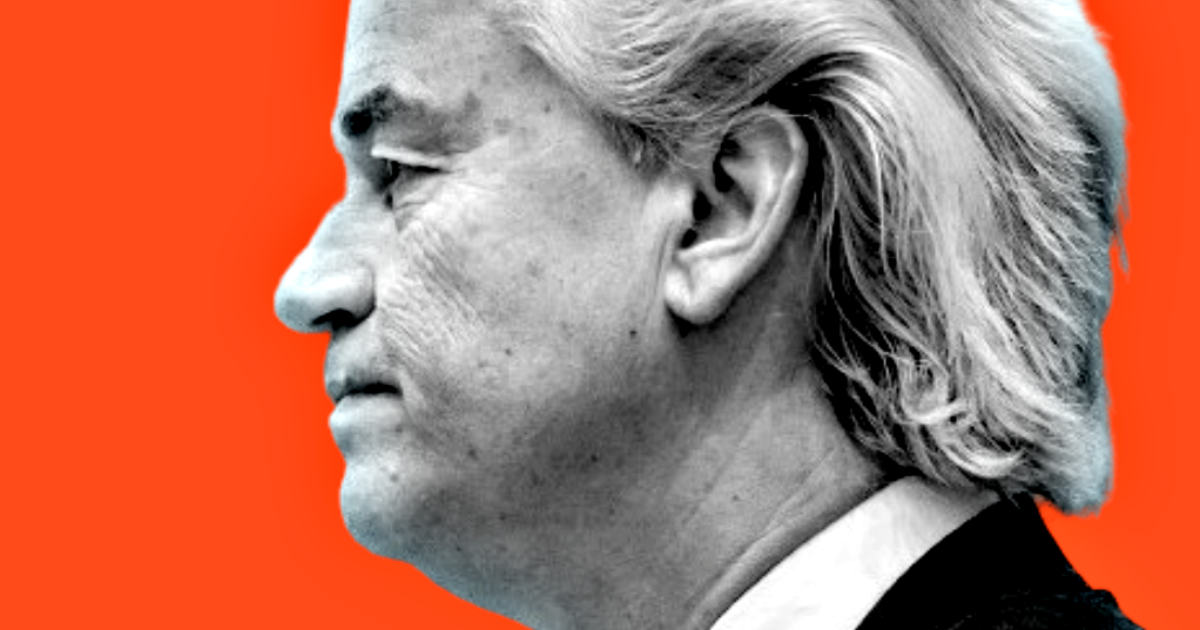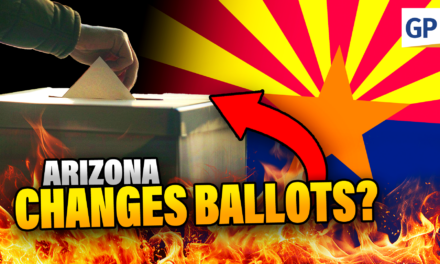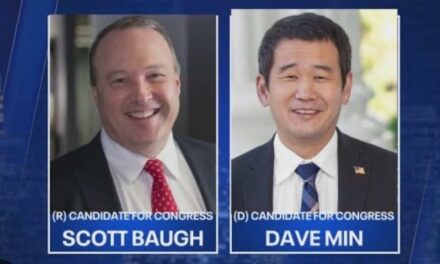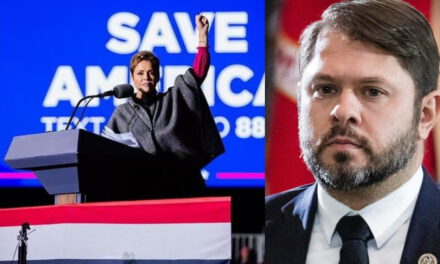We support our Publishers and Content Creators. You can view this story on their website by CLICKING HERE.
As the whole of Europe is moving to curb the scourge of unchecked mass migration, the kingdom of the Netherlands, under the government of Geert Wilders’ right-winger PVV party is trying to make a mark.
The Dutch government said yesterday (11) that it will institute extra checks at all land borders to combat illegal migration, not unlike German policy enacted in September.
It is the biggest move so far by the country’s right-wing government that won the elections by promising to rein in immigration.
Associated Press reported:
“Dutch Migration Minister Marjolein Faber announced the policy in a press release after the move got the green light from the Cabinet. ‘It is time to tackle irregular migration and migrant smuggling in a concrete way. That is why we will start reintroducing border controls in the Netherlands from the beginning of December’, she said in a statement.”
The measure will only take effect on Dec. 9, because under EU law, countries have to give Brussels four weeks’ notice before ‘restricting freedom of movement’.
“Geert Wilders, whose anti-immigration party won the largest share of seats in elections last year, posted on social media that his PVV party “delivers.” Wilders has been calling for closing Dutch borders for more than a decade.

Faber, who represents Wilders’ party in the Cabinet, did not specify how the border controls would be carried out. The move comes with no extra funding for the national policy force response for border checks. The six-month restrictions must be done ‘within the existing capacity’, the statement says.”
Minister Faber said the border checks will be carried out ‘with as little hindrance as possible to traffic’.
Both Germany and the Netherlands are part of the ‘Schengen area’, a border-free travel zone including most EU member states, as well as Iceland, Liechtenstein, Norway and Switzerland.
“According to the EU, member states are allowed to temporarily reintroduce controls at the EU’s so-called internal borders in case of a serious threat, such as one to internal security. But it also says border controls should be applied as a last resort in exceptional situations, and must be time-limited.”
Read more:

 Conservative
Conservative  Search
Search Trending
Trending Current News
Current News 





